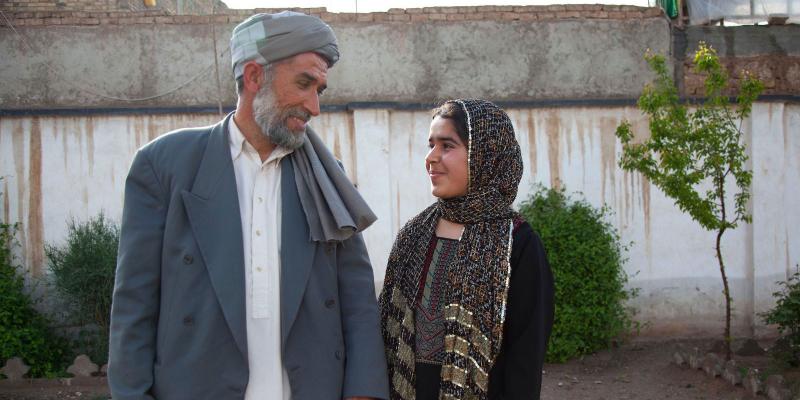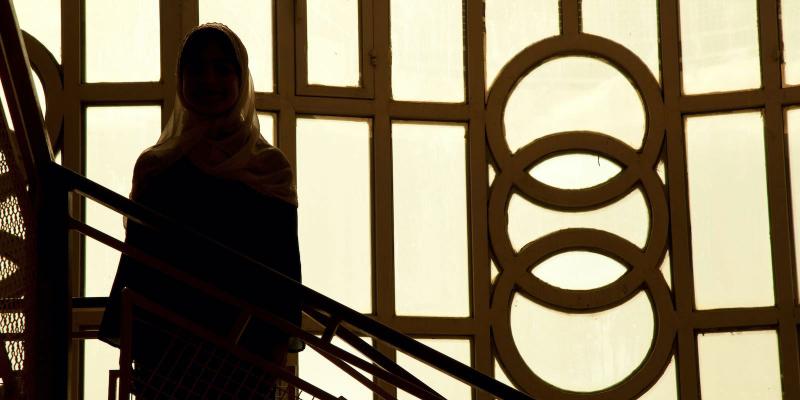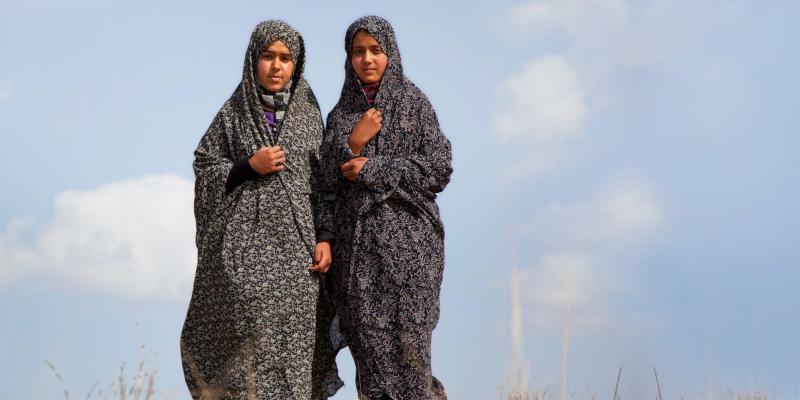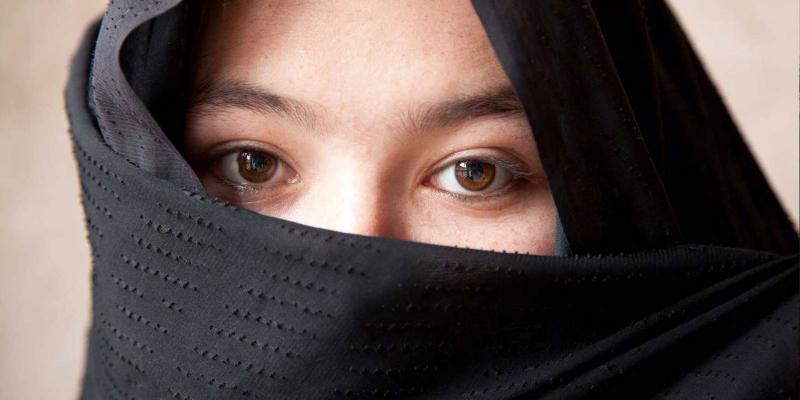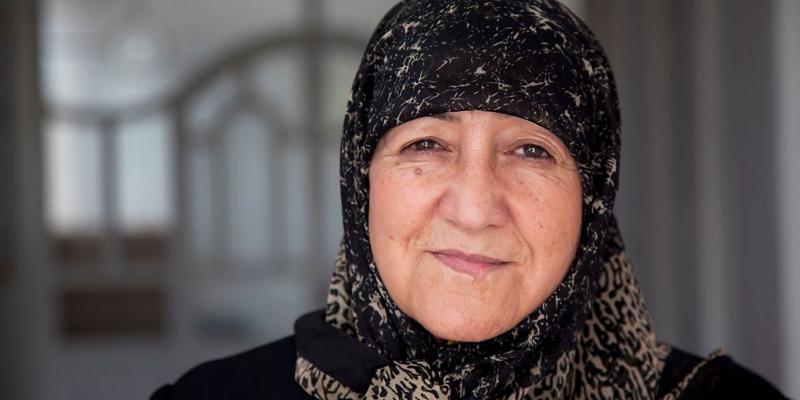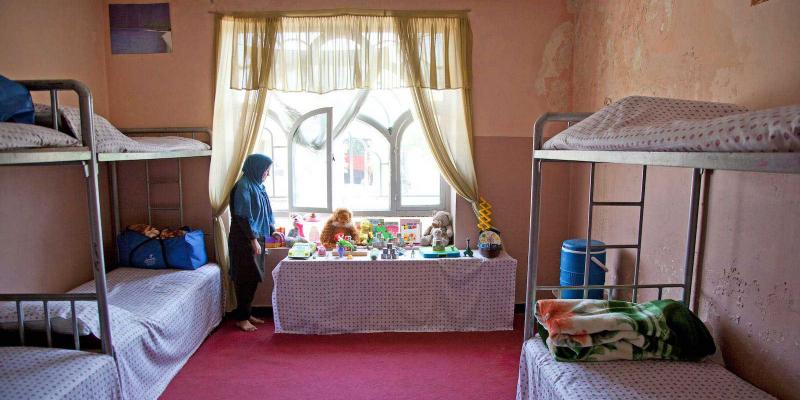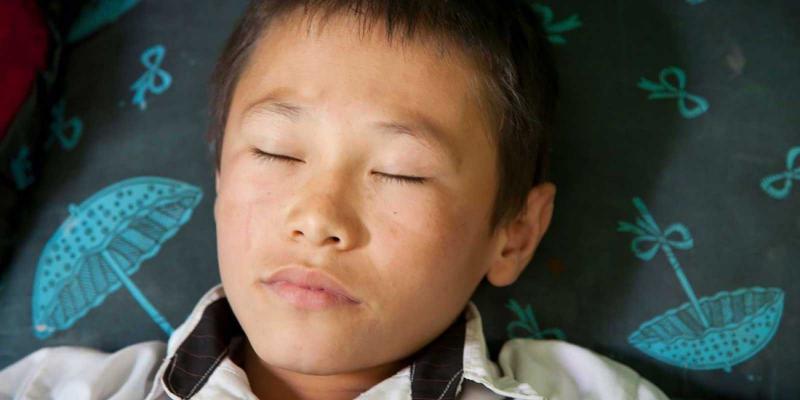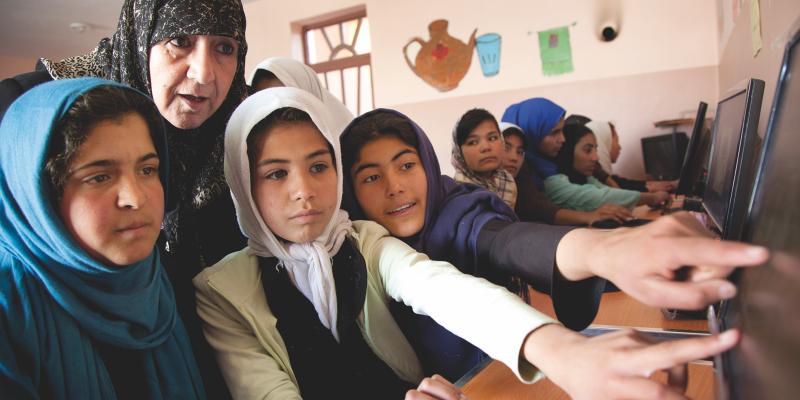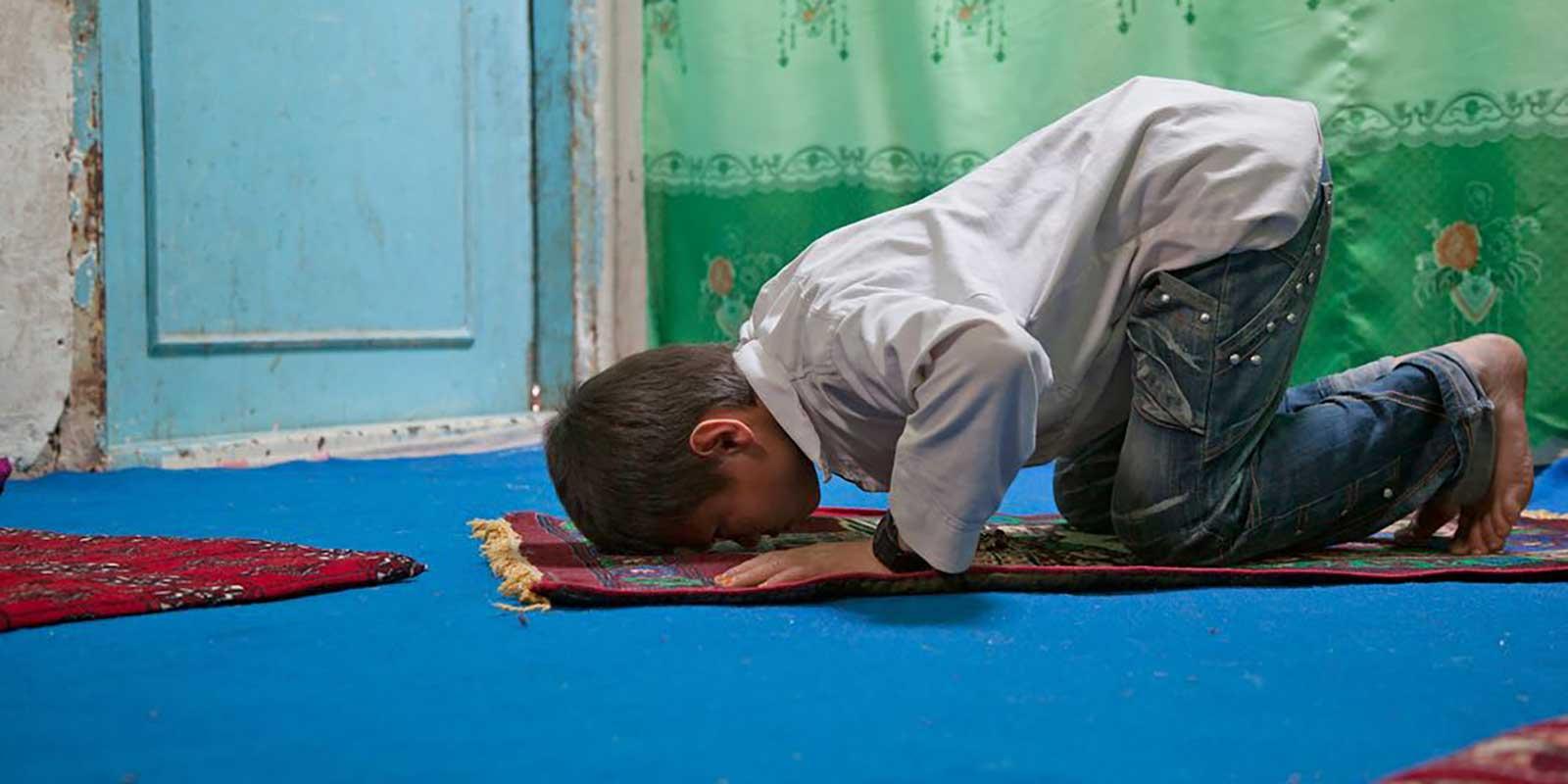
Seven-year-old Muhammed works from four in the morning until six in the evening at the bakery’s hot oven. Sometimes he gets burns, and he is hit. When he accidentally burns whole tray of loaves, he runs away and never comes back...
Muhammed’s dream of going to school comes true, and soon Muhammed, with help from the teachers at Sakena Yacoobi’s Learning Center, has caught up with the others and became second top in his class.
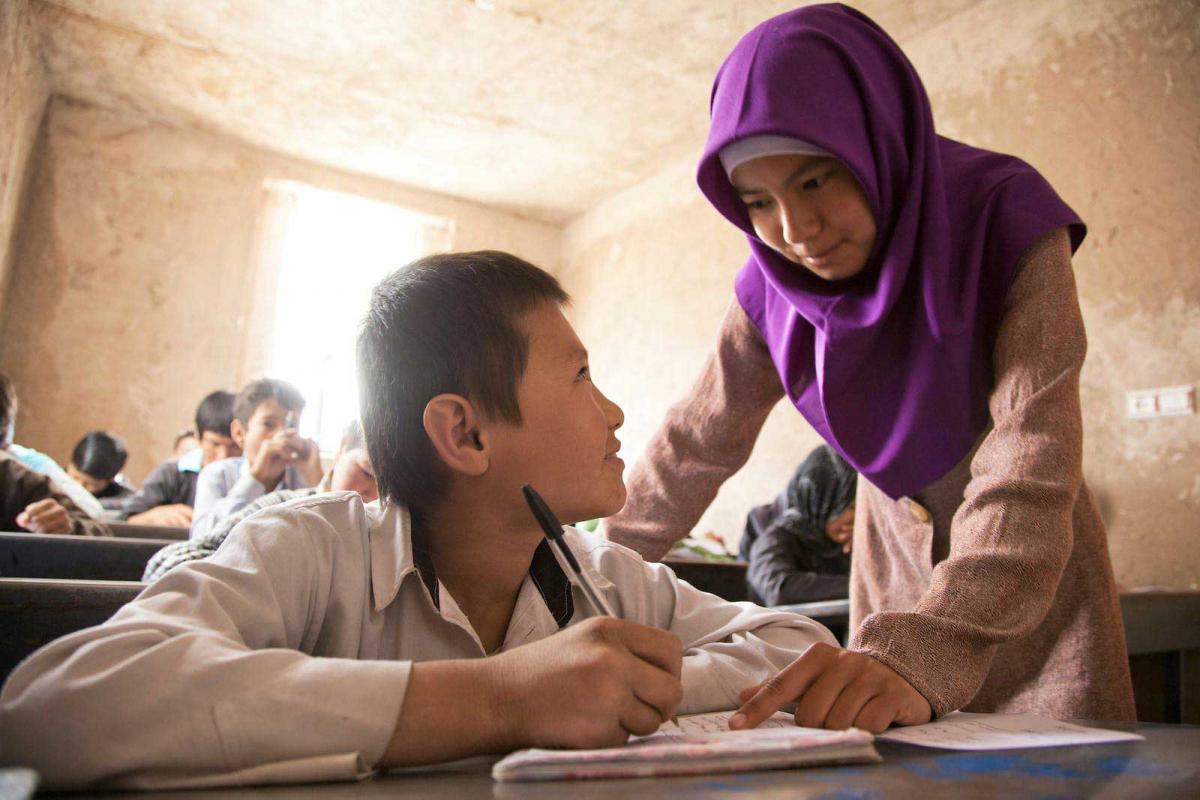
Muhammed’s story
When Muhammad is seven, he sells chewing gum and telephone cards at the market. But he hardly earns any money. One evening, his father brings a stranger home. “This is Hamid, the baker. You’re going to be his assistant. It’s a good job,” says Muhammed’s father. The baker looks kindly at Muhammed and says: “There are lots of boys who want to work for me, so you should be glad you’re getting the chance to learn the trade. You start at four tomorrow morning.”
Hot and dangerous
That night, Muhammed can hardly sleep. He’s pleased to have got a job, but he’s nervous too. After all, he doesn’t know a thing about bread and ovens. The bakery is quite far away from Muhammed’s house, so he has to get up at three to get there on time. The sky is pitch black as he walks to his new job.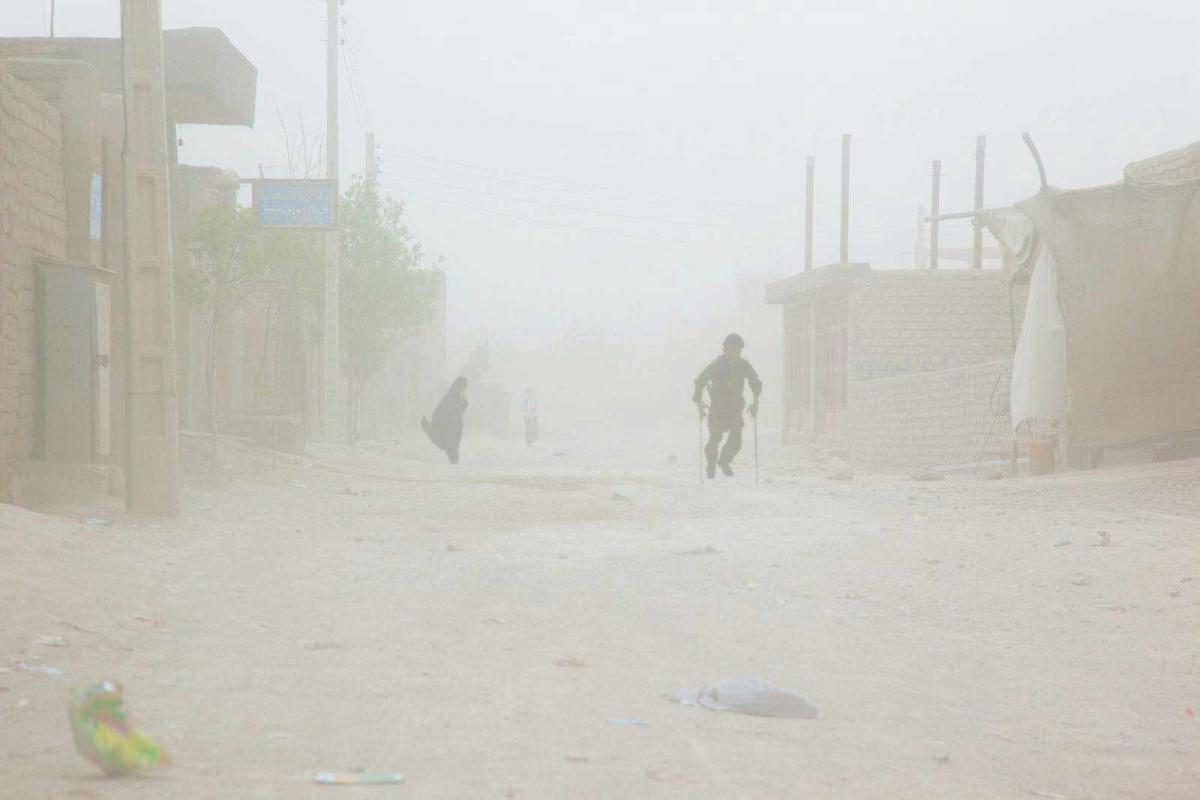
Things don’t turn out as Muhammed had hoped. His job is to lift the bread in and out of a large stone oven. It’s hot and dangerous. On the very first day, he burns himself so badly he cries.“Stop wailing and show some gratitude, otherwise you’re out,” says the baker, lifting his huge right hand. Suddenly he slaps Muhammed hard, right in the face. Muhammed swallows his tears. “It might get better if I work harder,” he thinks. After six hours’ work it’s time for a break for prayers and a lunch of bread and water. Then Muhammed goes back to work until six in the evening.
Walking home, Muhammed is so tired he nearly faints. He carries a plastic bag with his wages for the day – two dry loaves. But he doesn’t complain in front of his mother and father.
Runs away
Days become weeks and months full of hard toil, abuse and dangerous work around the hot ovens. On his lunch break, Muhammed slips out of the bakery and sits alone under a tree, nibbling his bread. There is a school next door, and Muhammed looks enviously at the boys on their way home from morning lessons. They laugh and swing their schoolbags. “I want to go to school too,” thinks Muhammed.After seven months, Muhammed has had enough. One morning he accidentally burns a whole tray of loaves and is so afraid of the baker’s punishment that he runs away and heads home. In the evening he tells his father Atiq about how awful things are at the bakery, how he is hit, and how easy it is to get burnt. He weeps and says he wants to go to school, learn to read and write, and not work these long days. At first, his father is furious, but after a while, he calms down. “You are disobedient. But you are also brave. You can go to school on one condition – that you do your homework every single day,” says his father, Atiq. “Thank you father, may Allah be with you,” says Muhammed.
Father’s strict timetable
By this time, Muhammed’s father has got a paid job as a government soldier. So the family can now afford to let Muhammed and his two older brothers study. But their father is strict. He writes a timetable that he pins to the wall in their small earthen house. “You must make the most of every hour of the day. You must not waste a single minute,” says their father. The timetable tells Muhammed and his brothers what to do, hour-by-hour. In the mornings, Muhammed goes to school and after lunch he continues his studies at Sakena Yacoobi’s Learning Center. The tough schedule has yielded results. Muhammed is now in Year 5 and is in second top position in his class.“When I started school I was behind the others. Without the courses at Sakena Yacoobi’s Center, I would never have caught up. The lessons at the Center are actually better than in school. The teachers are kinder, they know more, and they care more about us students. Ordinary schools are so rowdy and noisy. And I get teased there because I’m clever.”
Worried about father
Although Muhammed’s father has a job now, the family is not rich. To earn a bit of extra money, the sons take turns making rugs at home, beautifully patterned rugs that they can sell. It takes three months to make just one rug, and that means spending several hours on it every day. But life is not all hard work and homework.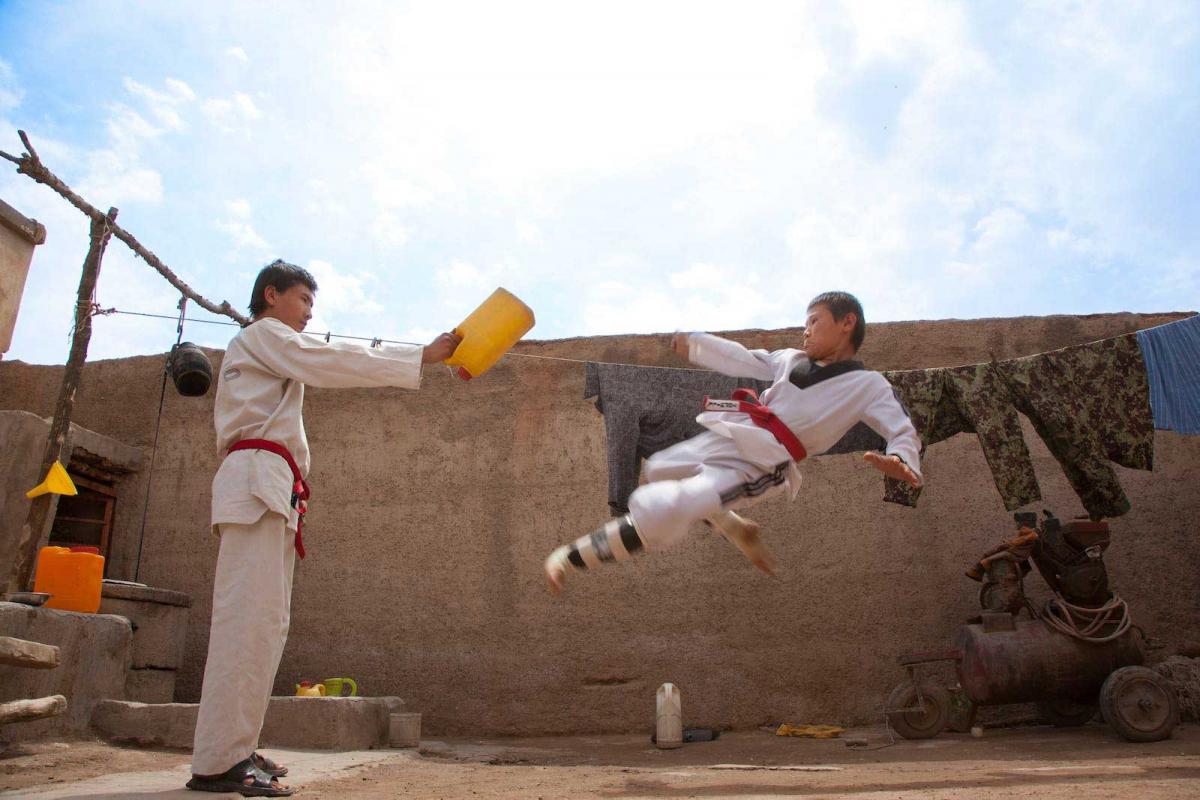
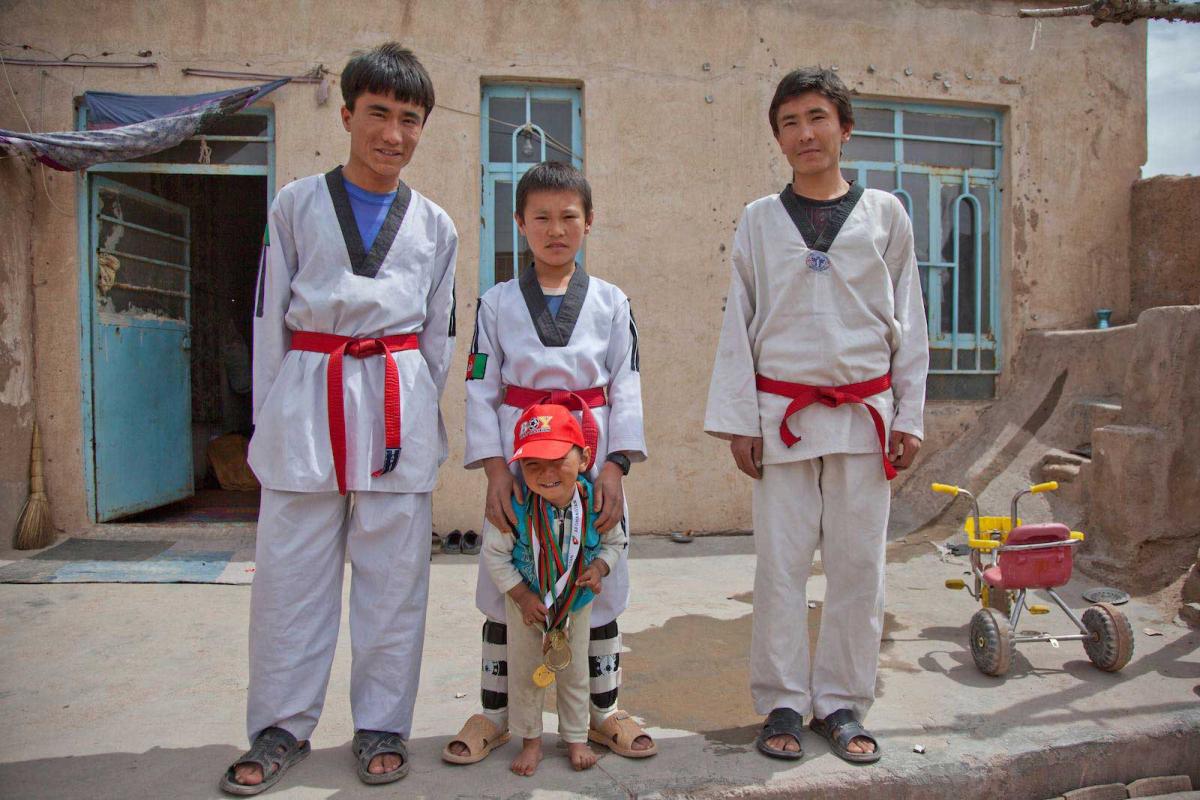
Today, Muhammed enjoys life, but there is one thing that worries him. The war. “My father is a soldier. He’s fighting the Taliban. Most days he works in town, guarding government buildings and manning checkpoints, but sometimes he’s out in the provinces with his unit. He can be away for weeks at a time. Whenever he is, I pray several times a day that he won’t be killed,” says Muhammed. When his father comes home from the war, he doesn’t tell his wife or sons anything about what he has been through. He just sits quietly, drinking tea. And says extra-long prayers. Sometimes Muhammed talks with him about what he wants to be when he grows up. “I want to be a soldier too, but my father doesn’t want that. He says it’s a job where you never learn anything except obeying orders and killing. But I think it seems exciting. And the pay is good. My father wants me to be a teacher or a businessman instead. We’ll see what happens,” says Muhammed.
> Check out Muhammed’s timetable!
Related stories
Långgatan 13, 647 30, Mariefred, Sweden
Phone: +46-159-129 00 • info@worldschildrensprize.org
© 2020 World’s Children’s Prize Foundation. All rights reserved. WORLD'S CHILDREN'S PRIZE®, the Foundation's logo, WORLD'S CHILDREN'S PRIZE FOR THE RIGHTS OF THE CHILD®, WORLD'S CHILDREN'S PARLIAMENT®, WORLD'S CHILDREN'S OMBUDSMAN®, WORLD'S CHILDREN'S PRESS CONFERENCE® and YOU ME EQUAL RIGHTS are service marks of the Foundation.



